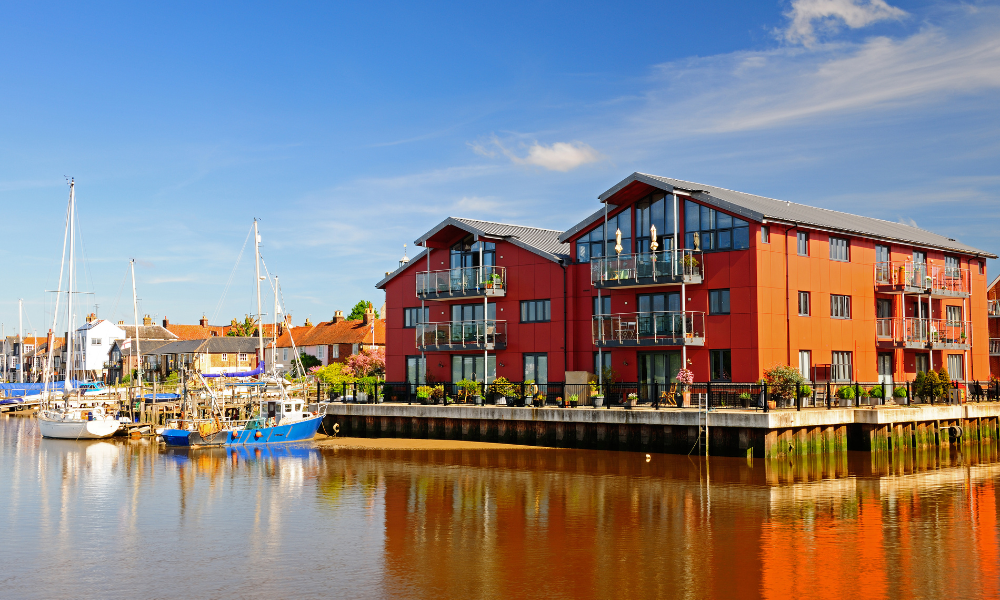 Marie Grundy - Managing Director of Residential Mortgages and Second Charges
Marie Grundy - Managing Director of Residential Mortgages and Second Charges
Sometimes you can achieve so much that you become a victim of your own success. That can certainly be said of the Right to Buy scheme.
Margaret Thatcher's flagship housing policy has helped more than 2 million tenants onto the housing ladder since it was introduced 40 years ago.
In that sense, it has been a triumph and achieved exactly what Thatcher had envisaged. However, it is because it has been so successful that it is now drawing fierce opposition from critics.
The latest high-profile opponent of the scheme, Andy Burnham, the mayor of Manchester, has gone as far as to call for the scheme to be suspended.
He argues that Right to Buy, which offers generous discounts to social housing tenants looking to buy their home, is to blame for making the housing crisis "worse every year".
Labour MPs have seemingly bought into that rhetoric, with the party pledging to slash the discounts available through Right to Buy if it wins the next election.
In some ways, I agree with them. The housing crisis is getting worse and I believe bold and urgent action is needed to remedy the problem. However, suspending or watering down the Right to Buy is not the solution.
Given just 11,303 families bought their home through Right to Buy in the 2022-23 tax year, suspending the scheme would achieve very little, other than to deny homeownership to those who need the most help.
For some people, Right to Buy or other schemes aimed at helping first-time buyers onto the housing ladder, such as Shared Ownership, are their only realistic shot at buying their own home.
There are many people out there who could quite comfortably afford to pay a mortgage but who struggle to pull together a large enough deposit to get onto the ladder in the first place.
That challenge has arguably become harder than ever. First, house prices have soared over the past few decades. Thirty years ago, the average house cost 2.3 times the average first-time buyer's salary. Today it's more than five, according to Nationwide.
Second, soaring mortgage rates and inflation have left many homeowners with little spare cash left at the end of the month. It's not surprising then that first-time buyer numbers were down 22.4% year-on-year in 2023, according to UK Finance.
One of the major attractions of Right to Buy is that tenants receive a discount of up to 35% of the market value of their property, depending on how long they have lived in the property.


